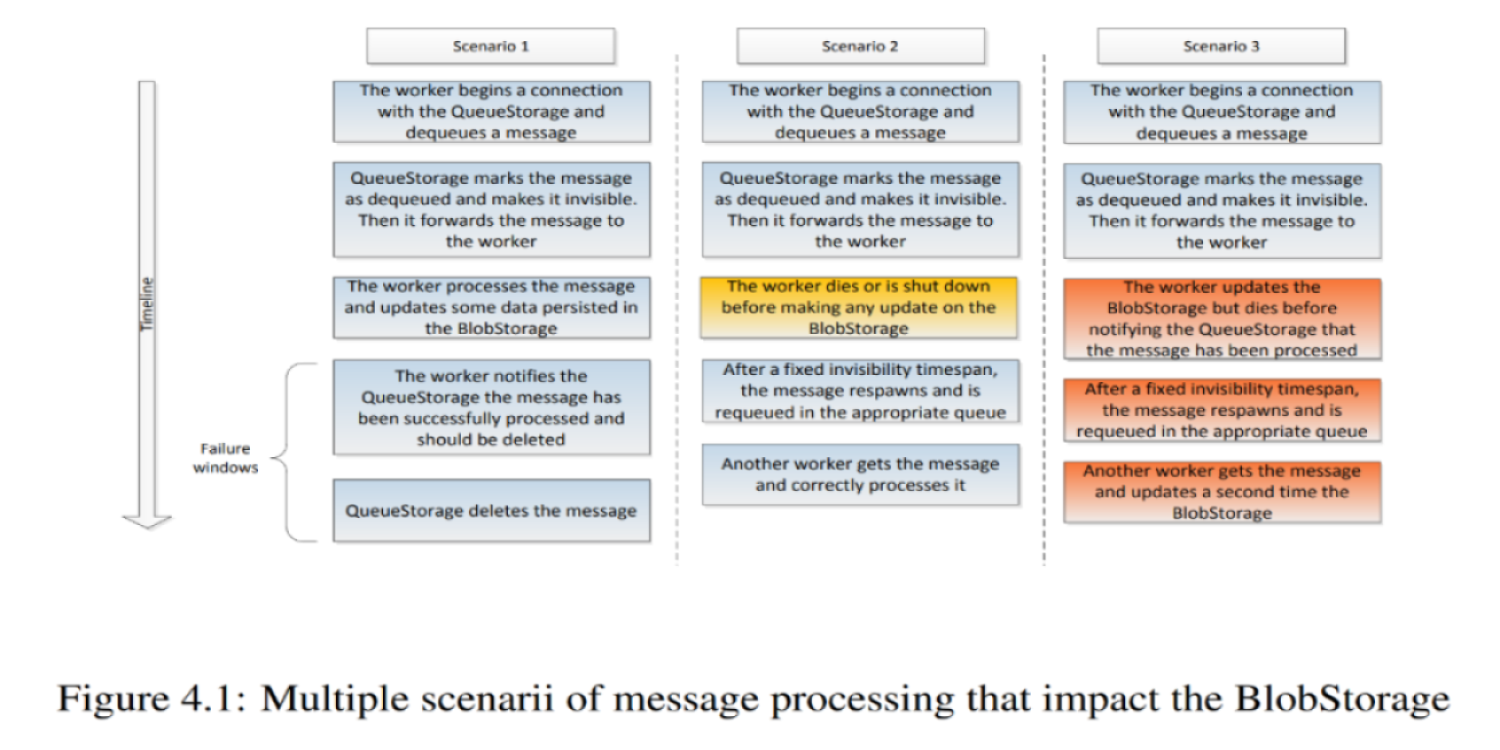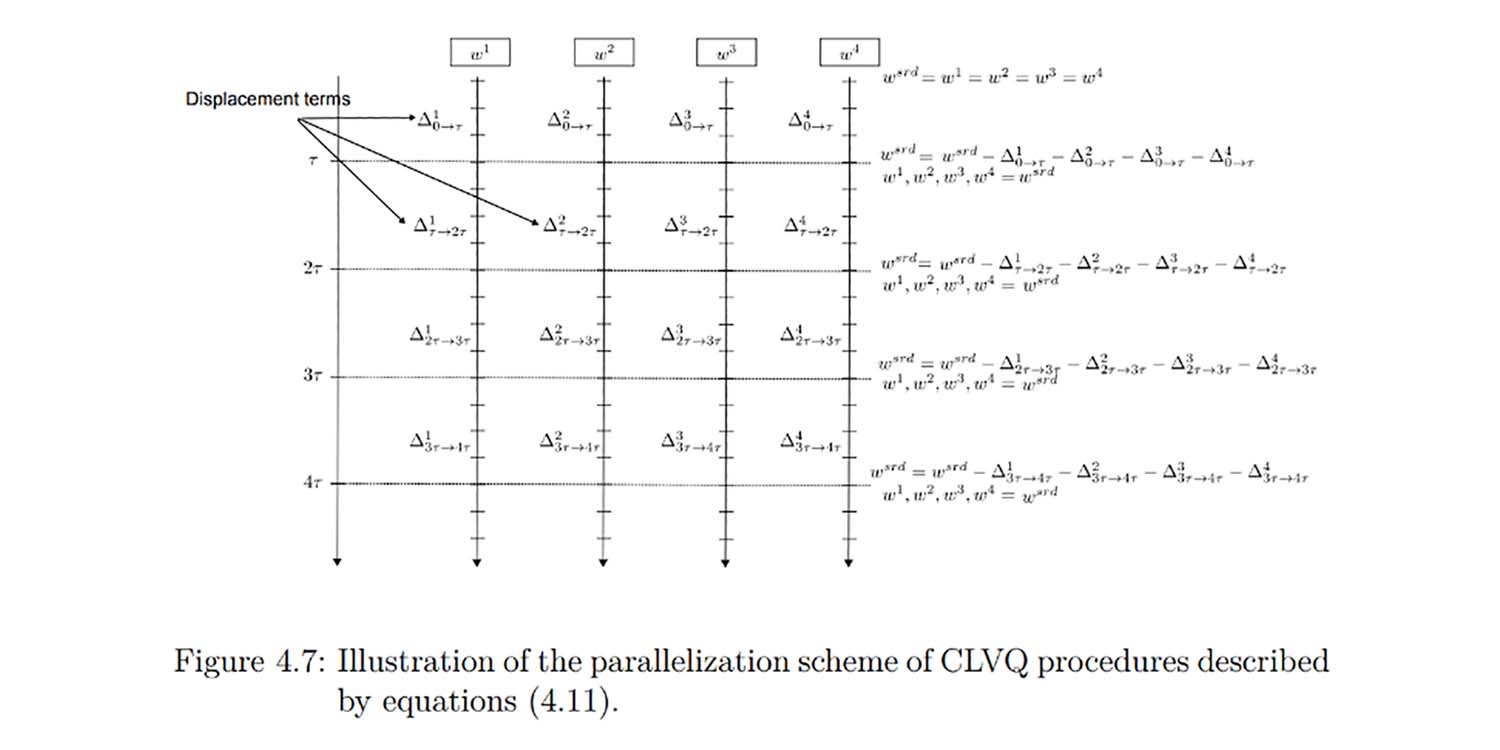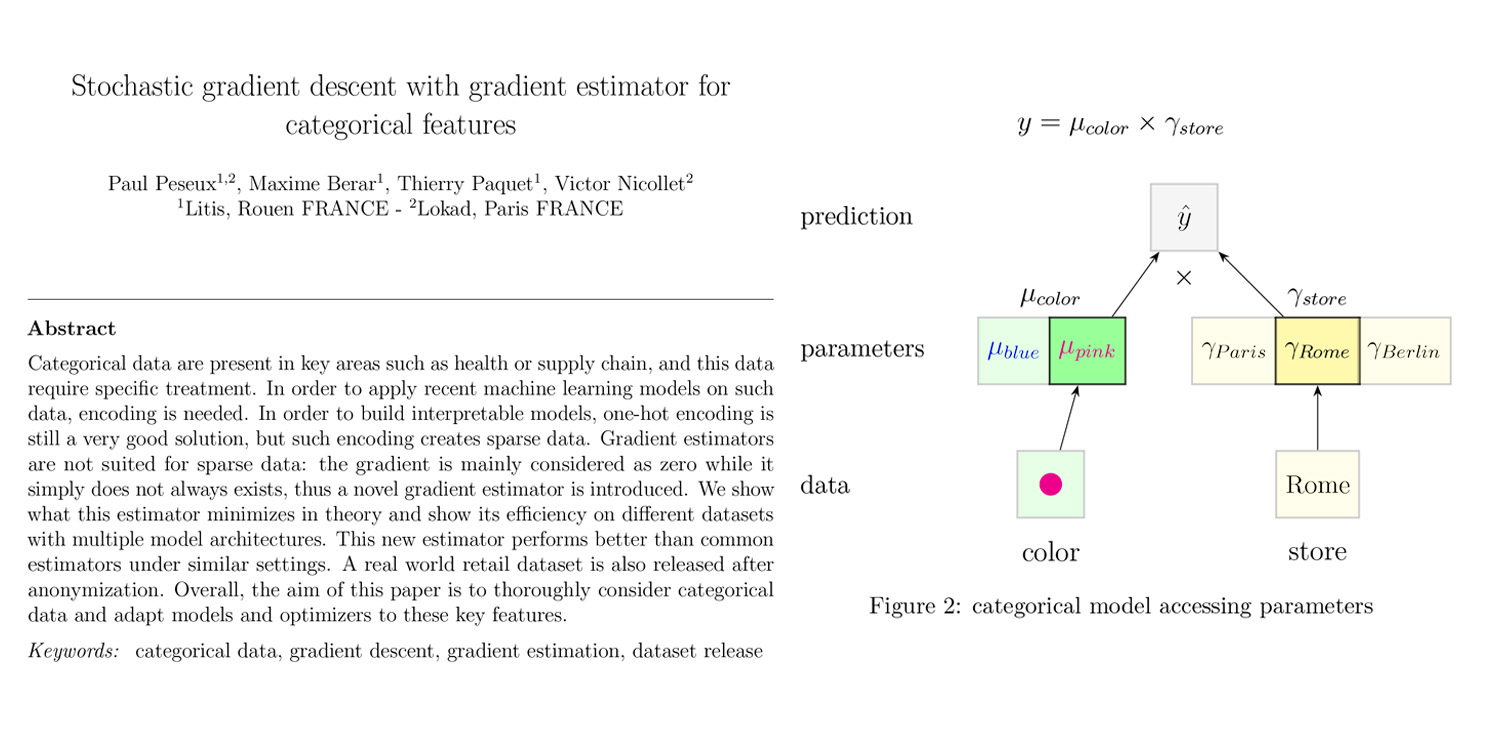Inventory management under the constraint of multi-reference minimal order quantities
Minimal order quantities (MOQs) are ubiquitous in supply chains. Every business that isn’t a retail specialist is very likely to impose an MOQ on anything it distributes. Even the retailers themselves have to deal with MOQs, as those are imposed by their suppliers. Considering the prevalence of MOQs, and the fact that there has been roughly 1 million papers published in supply chain-related fields during the last 100 years (aka operational research, inventory management, planning, etc.), one would expect thousands of papers1 to be readily available investigating such a basic concern. One would be wrong.
A few years back, Gaetan Delétoille started a PhD at Lokad tackling this very subject, and our biggest surprise was to discover the utmost paucity of scientific literature on this subject. Not only were there barely a few dozen papers to be found over the last 100 years dealing with MOQs2, but many of them neither reproduced nor yielded better results than trivial heuristics when addressing MOQs.
Much like the research of Benoit Petra and Matthieu Durut, this scholarly work is a long-overdue addition to Lokad’s website.
Author: Gaetan Delétoille
Date: June 2022
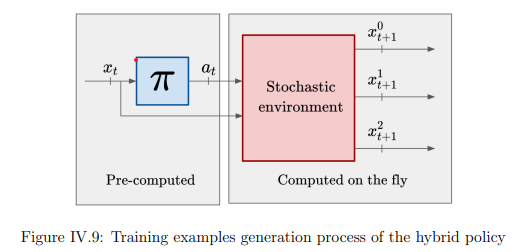
Abstract:
This PhD3 research addresses the multi-item Minimum Order Quantity (MOQ) inventory control problem faced by many supply chain optimization clients. The MOQ problem is both crucial and difficult to solve due to its stochastic nature and shared minimum order quantity between multiple items. Existing methods, such as dynamic programming and reinforcement learning algorithms, fail to scale for complex problems or are seldom applied in practice. This thesis introduces the w-policy, a novel approach that simplifies the multi-period MOQ problem by prioritizing items when building the best potential order. Extensive numerical experiments validate the near-optimal performance and robustness of the w-policy. Furthermore, the study explores the potential of reinforcement learning in solving the MOQ problem by presenting the hybrid policy - an approach that combines the w-policy allotment mechanism with a deep Q-network. Although the hybrid policy demonstrates promising results, it requires further robustness for real-world application. The w-policy has been successfully implemented and integrated into Lokad’s solution for daily inventory control decision-making. The research findings contribute significantly to solving complex large-scale inventory control problems under uncertainty, with practical implications for supply chain optimization.
Jury:
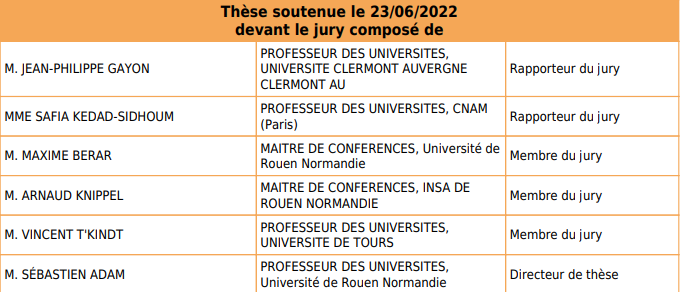
-
Google Scholar returns 25,000 results for “Seasonality forecasting” published in 2019 alone. ↩︎
-
The multi-reference MOQ problem is the flavor that characterizes the immense majority of the situations. Although multi-reference MOQ problem are usually mixed with SKU-level MOQ problems, the latter is relatively straightforward to address in isolation. ↩︎
-
The original PhD manuscript lacks an abstract. For the convenience of our readers, we have provided one. Any inaccuracies or misconceptions in this abstract are our responsibility and should not be attributed to the original author. ↩︎
